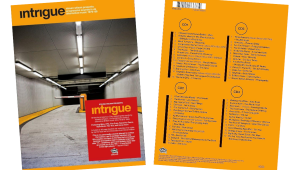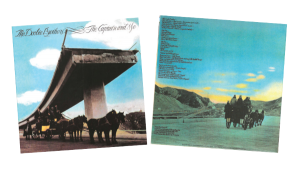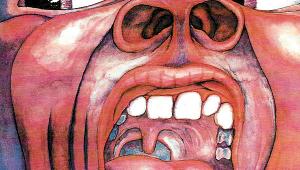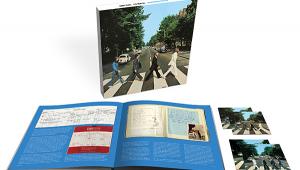CD Review: Beethoven’s “Fidelio”

In his monumental six-part work The Oxford History of Western Music, Richard Taruskin begins the volume devoted to the 19th century with Beethoven’s only opera, Fidelio, which debuted in Vienna in 1805 before its final revised version was staged there in 1814. Here we have an opus of searing intensity that signaled the arrival of Romanticism in music.
At the same time, it epitomized the turmoil and fervor of the Napoleonic era. In the aftermath of the French Revolution, the power of the Austrian police was focused on suppressing local dissent. Consequently, Fidelio’s celebration of political freedom was disturbing subject matter indeed for its earliest Viennese audience, which, nervously, considered it a failure. But thanks to Beethoven’s genius, it was to become the basis for one of the greatest operas of all time.
Decca’s live recording (on two CDs) derives from a pair of performances at the Lucerne Festival in August 2010. The Lucerne Festival Orchestra, which uses the youthful Mahler Chamber Orchestra as its core ensemble, is outstanding under its frequent conductor Claudio Abbado. The 78-year-old Italian maestro actually founded the orchestra in 2003 after being diagnosed with stomach cancer. He recently declared himself in good health again — and based on this rousing recording, he has recovered strongly enough to bring the theatrical fire and musical discipline for which his increasingly rare opera performances are revered.
Abbado’s urgent reading of the score conveys the opera’s stirring drama without sacrificing the nobility of its ideals. The recording dispenses with the oft-interpolated “Leonore No. 3 Overture” before the Act II finale and employs a shortened version of the spoken dialogue. These performance decisions and the brisk tempos keep things moving along appropriately for a 21st-century audience. Comparative timings to some classic recordings are revealing. Abbado’s first act is a nimble 68 minutes, while Leonard Bernstein’s on Deutsche Grammophon is a more ponderous 73 and Otto Klemperer’s on EMI a plodding 76.
- Log in or register to post comments





























































